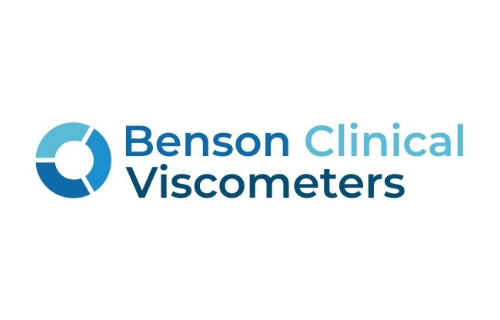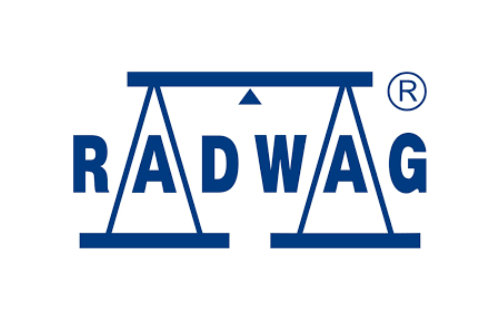New research suggests that simple, low-cost genetic tests could become a game changer in spotting prostate cancer early – especially in regions with limited access to advanced medical tools.
Published in Oncoscience, the study explored how specific gene mutations contribute to prostate cancer (PCa) risk. It found that two mutations – in the BRCA2 and HOXB13 genes – were strongly linked to increased risk.
Unlike more complex and expensive methods like next-generation sequencing (NGS), the team used a more affordable technique called PCR-RFLP. It proved to be an effective way to identify these high-risk mutations and could help guide early diagnosis and personalised treatment.
In a sample of 136 men, those with BRCA2 mutations were over 10 times more likely to develop prostate cancer. HOXB13 mutations posed an even higher risk. The study also found that many of the men with prostate cancer had a family history and elevated PSA levels.
Researchers believe that combining genetic testing with MRI and other imaging tools could reduce unnecessary biopsies and help clinicians identify at-risk patients more accurately.
As precision medicine continues to grow, these findings could pave the way for more accessible screening, even in low-resource healthcare systems. Larger studies are now needed to validate the results and guide global screening strategies.
Read the full story here.











